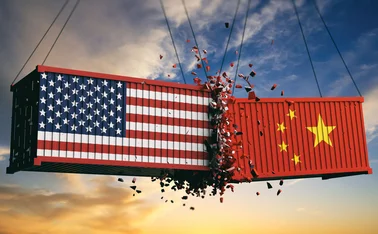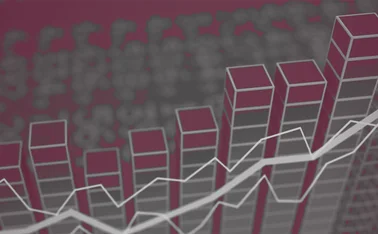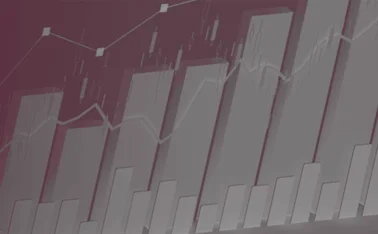
Grasping the green opportunities


President Xi Jinping set bold goals at the Fifth Plenary Session of the 19th Central Committee of the Communist Party of China in October 2020. These included raising China’s per capita GDP to the level of other moderately developed countries by 2035, which would require a tripling of its current GDP. China would need to improve its ‘self-reliance’ and break through in core technologies to push the nation into the first rank of innovative countries.
Most important of all, in the long term, President Xi committed China a month earlier to hitting peak carbon emissions before 2030 and carbon neutrality by 2060. These are great ambitions. They will require sustained economic growth, significant reform to the structure of China’s economy and policy continuity throughout. Realistically, it will be no easy feat to achieve, but success will be of great significance for China and the world.

I see three interconnected opportunities, and one risk, for China in the years ahead.
First, China has the opportunity to continue to grow its economy, battle against poverty, and raise millions more people into the middle class. This is of course a cornerstone of President Xi’s ‘dual circulation’ strategy and will make China stronger. None of us should forget the inherent value in easing the hardships and improving the lives of so many people.
Second, China has an opportunity to turn its recovery from the Covid-19 pandemic – as well as its broader economic growth – into a genuine ‘green recovery’ as it transitions to a low-carbon future. China could establish an important role in key green technologies and methods of the future, create many new middle-class jobs, and lead the war globally on preventing catastrophic climate change.
Third, China has an opportunity to demonstrate responsible global leadership in advancing global public health and economic recovery from the pandemic, not just through its status as an economic engine, but by providing active support to the developing world in sustainable
economic development.
If China can achieve this, along with taking the lead on climate change, it would provide a chance to increase global goodwill, mitigate global risks and – taking advantage of changing political circumstances – create a more stable and favourable external environment for China. It would also result in a better-functioning multilateral system, for example in areas such as trade and public health.
But, to capitalise on these opportunities, China must also avoid critical risk. As China’s vice-president Wang Qishan and vice-premier Liu He have both pointed out, China must control pressing systemic risks, including overleveraging, financial speculation and a property bubble. With the world facing record levels of debt and economic and financial uncertainty, this remains a serious risk not only for China, but for the rest of the world. If China can avoid the pitfalls, it will be in a good position to grasp the opportunities of the future and help achieve a better economic and environmental outcome for the future of all mankind.
Looking to the future, it is not just what China does at home that matters but also what it does abroad. We cannot simply allow the export of carbon-intensive energy production or encourage the development of more coal mines in Belt and Road Initiative (BRI) countries because, ultimately, our planet does not lie. Greenhouse gas emissions all contribute to global warming, whether they come out of China, India, the US or BRI countries. A sustainable environmental future for the BRI economies is of critical importance.
Only users who have a paid subscription or are part of a corporate subscription are able to print or copy content.
To access these options, along with all other subscription benefits, please contact info@centralbanking.com or view our subscription options here: http://subscriptions.centralbanking.com/subscribe
You are currently unable to print this content. Please contact info@centralbanking.com to find out more.
You are currently unable to copy this content. Please contact info@centralbanking.com to find out more.
Copyright Infopro Digital Limited. All rights reserved.
As outlined in our terms and conditions, https://www.infopro-digital.com/terms-and-conditions/subscriptions/ (point 2.4), printing is limited to a single copy.
If you would like to purchase additional rights please email info@centralbanking.com
Copyright Infopro Digital Limited. All rights reserved.
You may share this content using our article tools. As outlined in our terms and conditions, https://www.infopro-digital.com/terms-and-conditions/subscriptions/ (clause 2.4), an Authorised User may only make one copy of the materials for their own personal use. You must also comply with the restrictions in clause 2.5.
If you would like to purchase additional rights please email info@centralbanking.com







